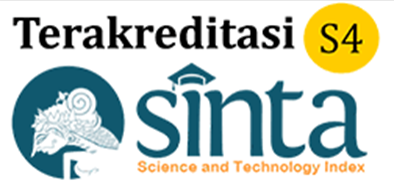Analisis Implementasi Kebijakan Pengarusutamaan Gender dalam Mewujudkan Kesetaraan Gender di Pemerintah Provinsi Kalimantan Utara
DOI:
https://doi.org/10.24036/publicness.v4i1.240Keywords:
Policy Implementation, Gender Equality, Gender MainstreamingAbstract
This study analyzes the implementation of gender mainstreaming policy and identifies barriers to achieving gender equality in North Kalimantan Provincial Government. Gender gaps persist as evidenced by inadequate facilities for female employees only 33.33% of regional organizations provide lactation rooms despite women comprising 97% of staff. The low Gender Empowerment Index (61.92) and disparity in Labor Force Participation Rates between men (85.18%) and women (53.60%) further demonstrate significant inequalities. Using a qualitative case study approach based on Edwards III's policy implementation theory, the research examines four aspects: communication, resources, disposition, and bureaucratic structure. Data was collected through in-depth interviews with 10 key informants from various government departments, parliament, a women's organization, and the local university, and analyzed using the Miles and Huberman interactive model. Findings reveal that gender mainstreaming implementation has begun but remains suboptimal: communication functions effectively within bureaucratic circles but lacks broader reach; human resources are adequate but constrained by budget limitations and technical capacity; implementer disposition shows formal support with varying understanding levels; and the bureaucratic structure, while founded on Governor Regulation Number 13/2019, requires stronger inter-unit coordination. Key implementation barriers include institutional aspects, regulatory and budgetary constraints, capacity issues, socio-cultural factors, and operational challenges. The study recommends accelerating regional regulation enactment, establishing minimum budget allocations, strengthening gender mainstreaming working groups, and enhancing implementers' capacity.
Downloads
Published
Issue
Section
License
Copyright (c) 2025 PUBLICNESS: Journal of Public Administration Studies

This work is licensed under a Creative Commons Attribution 4.0 International License.












